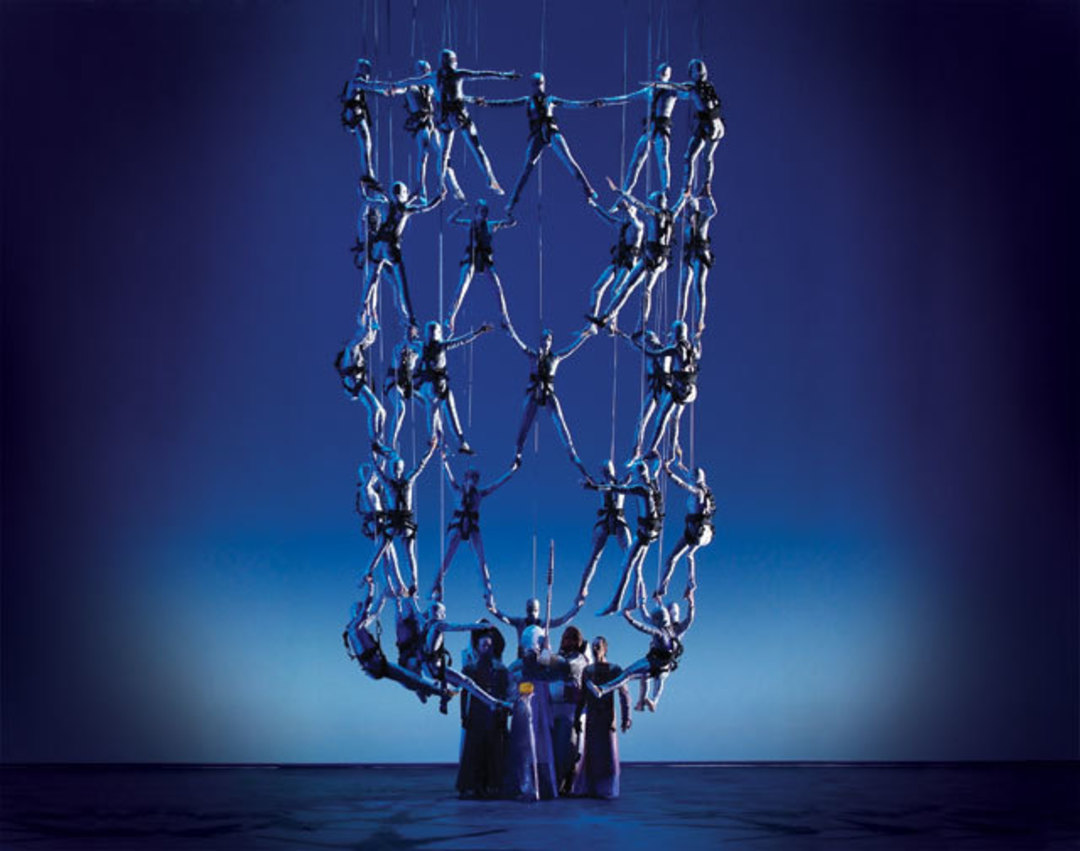

As of the end of 2016, HGO had commissioned and presented sixty-two world premieres. Under Gockley’s leadership, the company began regularly commissioning and producing new works-almost exclusively from American composers-and the company continues to build on this reputation. He aimed to present different kinds of opera to a diversified audience, in his own words combating “the image of opera as a medium for only the wealthy and elite.” Under his direction the company expanded its repertoire to include less familiar works ranging from the Baroque era to the twentieth century. Its success was aided by gifts from corporations such as Armco Steel, Atlantic Richfield, Shell, and United Energy Resources.ĭating from the beginning of his association with the Houston company, Gockley showed a total commitment to opera-but opera as broadly defined. By 1981 the company operated on an extremely sound financial basis. Due to Gockley’s imaginative leadership, the growing sophistication of opera audiences, and booming financial support for the arts due to Houston’s emergence as a petroleum center, Houston Grand Opera rose to national and international prominence.

Gradually, however, financial stability improved, coinciding with the work of David Gockley, who was hired in 1970 as business manager and promoted in 1972 to general director of the company. During Herbert’s years, Houston Grand Opera encountered considerable financial difficulties. In 1969–70, Herbert became full-time artistic director and conductor of the San Diego Opera but continued his work at HGO, sharing his Houston duties with his assistant, Charles Rosekrans. Herbert also brought black artists to Houston to assume leading roles. Owing to the tastes of the Houston audiences, Herbert’s repertoire remained conservative, although he did occasionally present more adventurous operas such as Hans Werner Henze’s Young Lord. Although he labored under severe financial limitations, he gave Houston good, occasionally superb, opera. Walter Herbert remained general director of the company through the 1971–72 season and made substantial contributions. The first performances of the new company, in January 1956, were productions of Richard Strauss’s Salome and Puccini’s Madame Butterfly, staged in the Music Hall. Lobit, and Charles Cockrell Jr., the opera was chartered by the Texas secretary of state with a board of directors, general manager, and conductor.

With the support of Edward Bing, a local opera singer and teacher, Mrs. Its general director and conductor was Walter Herbert, a native of Germany, who had been instrumental in founding the New Orleans Opera in 1943. The Houston Grand Opera Association was incorporated in August 1955 as Houston's first permanent opera company.


 0 kommentar(er)
0 kommentar(er)
